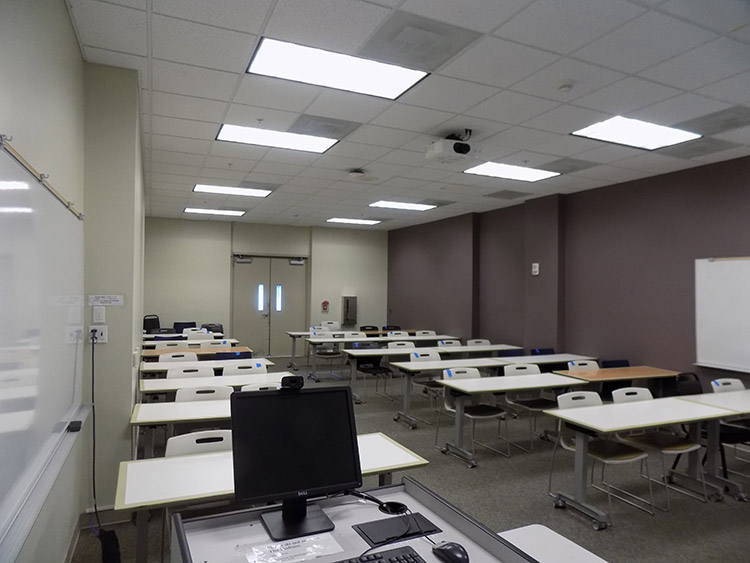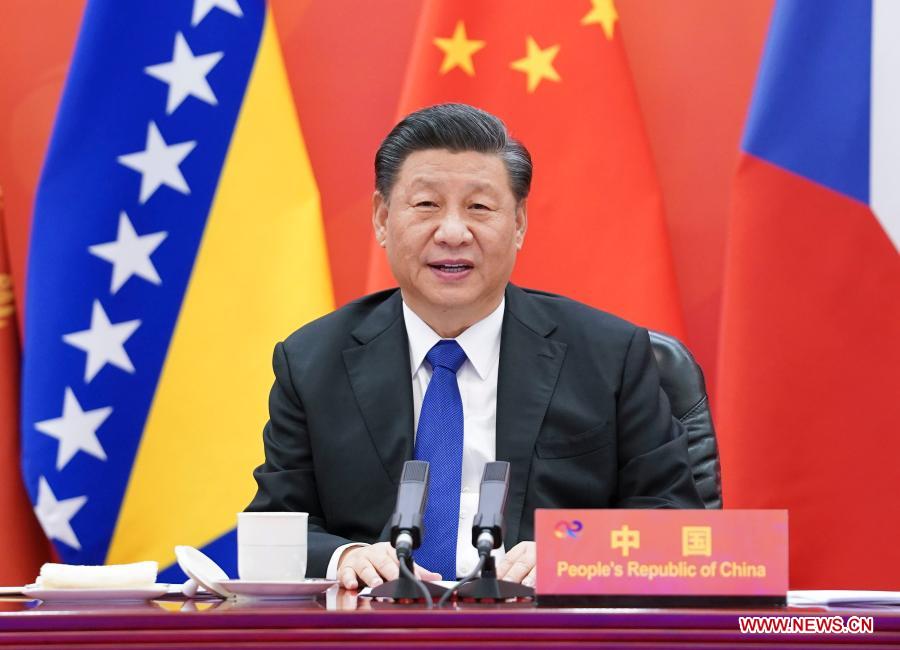[ad_1]
During the 2018 Forum on China-Africa Cooperation in Beijing, President Xi Jinping announced that China would support the establishment of ten Luban Workshops across Africa, to assist the continent build the much-needed technical skills among college students. Ahead of this year’s FOCAC Summit to be held in September, that promise has been delivered.
In Kenya, the Workshop that became operational in December 2019, is hosted by Machakos University, with a focus on cloud computing. Named after the father of Chinese architecture, Lu Ban, the workshops provide technical skills training for college students, enabling them to be market ready upon graduation.
Kenya and much of Africa are in critical need of technical skills upgrading for the youth, who are expected to play a leading role in the continent’s transformation and development. Yet, challenges such as poor training infrastructure, insufficient number of trainers, limited industry participation and inadequate research support continue to hold back Africa’s vocational training aspirations.
In their design, Luban Workshops are intended to correct the identified challenges. In Kenya, for instance, the Machakos University is closely collaborating with Huawei Technologies to empower young Kenyans with cloud computing skills, an area identified by Kenyan government as holding promise for the country’s technology revolution. Kenya is currently implementing a smart city at the Konza technopolis with the support of China, and the graduates from Luban Workshop would be fit for this purpose.
At the same time, by bringing together a global tech firm and the academia, the Workshop is primed to bridge the divide that has left many employers in Kenya worried about graduates’ quality. Besides exposing students to latest and practical industry trends, the Workshop also provides opportunity for existing faculty to build their capacity through exchanges with Chinese counterparts as well as industry players.
By unleashing the entrepreneurial spirit of participants, the Workshops could also help in reducing the worrisome employment rates in the continent by creating viable business ventures. The practical and technical skills enable the beneficiaries to go into private enterprise, creating opportunities for themselves and others.
Luban Workshops also offer a great platform for cultural exchanges, as Chinese tutors and tutors and trainees from partner countries have opportunities to interact and further solidify the people to people ties between China and Africa. Cultural exchanges have been a key pillar of Sino-Africa relations and have found expression through avenues like the Belt and Road Initiative.
Such attendant benefits of the programme have led to its warm reception across the continent where the workshops have been implemented. At the launch of the Kenya workshop, ICT Cabinet Secretary Joseph Mucheru noted that it would enhance cooperation with China on the digital space, adding that cloud computing and information security was critical to Kenya’s development bid.
In South Africa, Professor Thandwa Mthembu the Vice Chancellor of Durban University of Technology that hosts the Workshop said the facility would reverse skills deficit in the country towards meeting the demands of 21st Century.
The Workshops will complement and amplify joint capacity building efforts between China and Africa. Beijing has since become the most favoured destination for African students seeking education opportunities abroad, according to UNESCO. This has fueled in part by government sponsored scholarships and the increasing visibility and utility of Chinese education programmes globally. African countries and China are equally implementing a number of short professional exchange programmes which have also allowed additional personnel from the continent to acquire practical skills in thematic areas.
The writer is a scholar of international relations with a focus on Africa-China relations. Twitter: @Cavinceworld
[ad_2]
Source link















